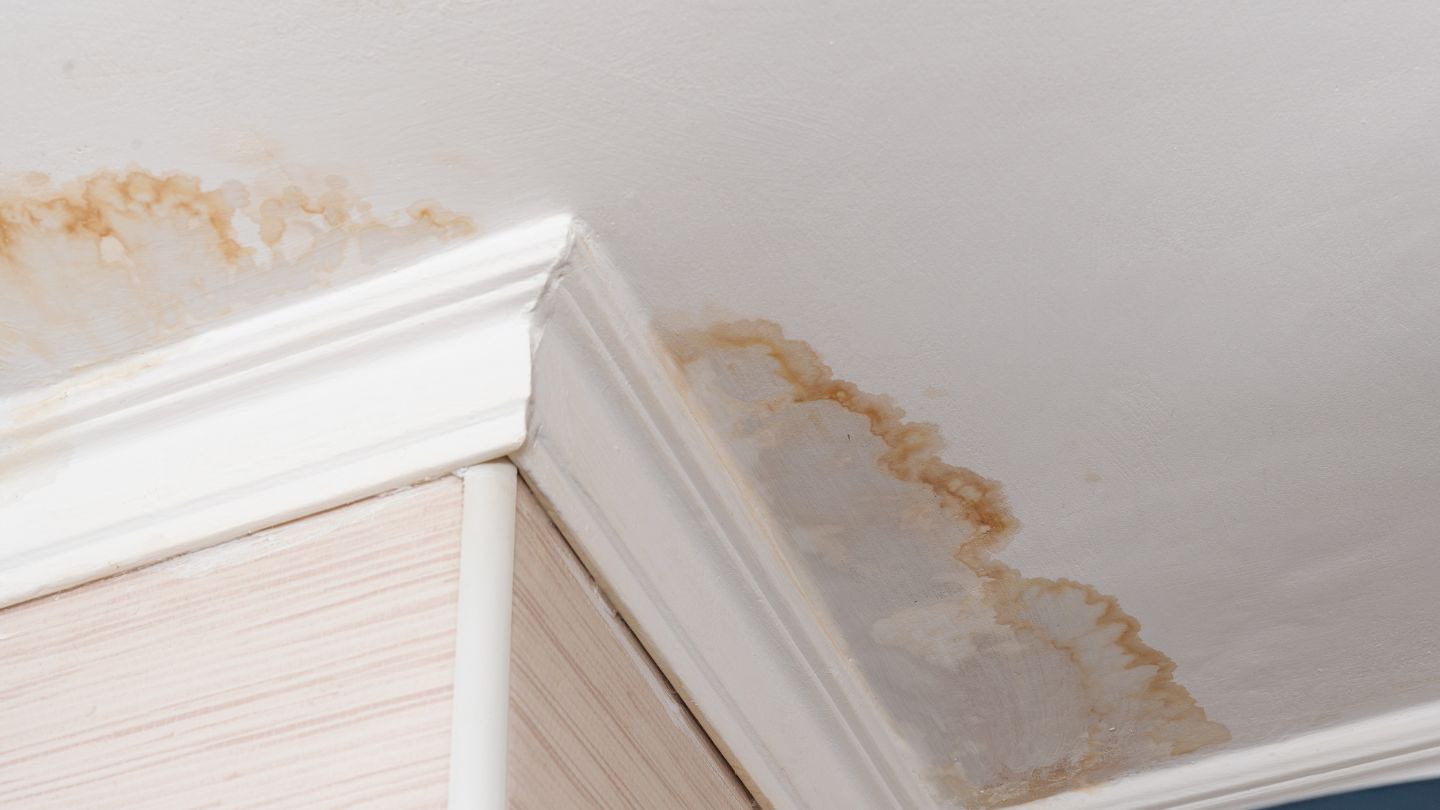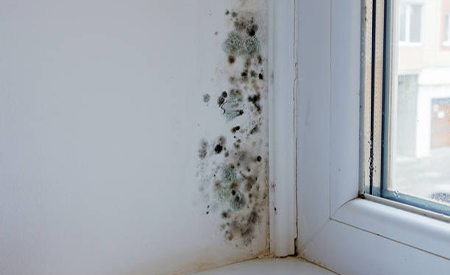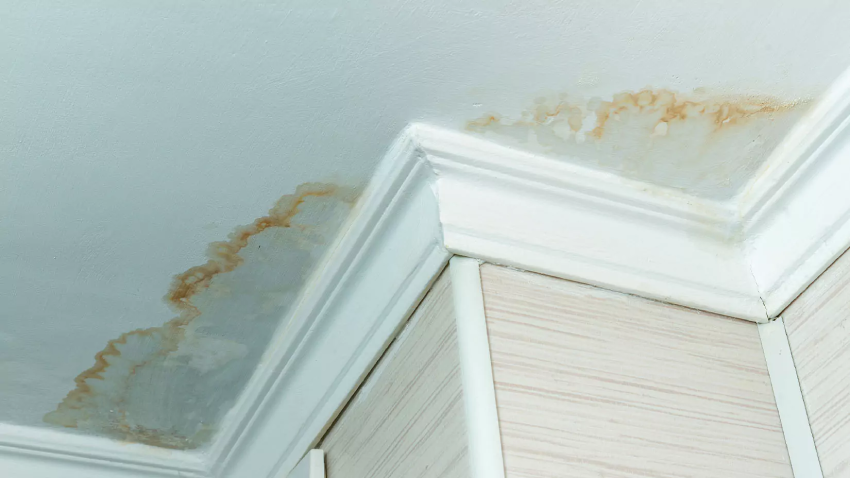Full-Spectrum Water Damage Repair Services for Complete Property Restoration
The Refine of Water Damage Clean-up: Ensuring Your Home Is Restored Successfully
Water damages can be a challenging obstacle for property owners, demanding a careful and structured clean-up process to bring back safety and functionality. At first, an extensive evaluation is critical to recognize the level of the damage and identify the proper remediation actions. Following this, effective water extraction techniques play a critical duty in alleviating additional damage. The subtleties of drying, sanitizing, and eventual reconstruction are equally essential and frequently neglected. Understanding these stages can make a significant distinction in the result of your home's repair, prompting a closer appearance at what each step entails.
Analyzing the Damage
Upon uncovering water damage, the very first step is to thoroughly assess the level of the effect. This first analysis is critical, as it aids figure out the essential steps for efficient clean-up and repair. Begin by inspecting the impacted areas, consisting of walls, ceilings, floorings, and individual items, to identify the source of the water intrusion, whether from flooding, leakages, or condensation.
Documenting the damage is crucial for both insurance claims and intending restoration initiatives - damage restoration services. Use photos and written notes to record the severity of the damages, keeping in mind any damaged structural aspects and materials. Pay unique interest to areas that might not be instantly noticeable, such as behind wall surfaces and under carpetings, as hidden moisture can bring about more issues, including mold growth
In addition, examine the timeline of the water exposure. The longer the products remain wet, the higher the capacity for damages. Comprehending the period of exposure will certainly notify the necessity of remediation efforts. Inevitably, a thorough evaluation lays the foundation for a successful water damage clean-up procedure, ensuring that all influenced areas are attended to efficiently and completely.
Water Extraction Strategies

Professionals usually utilize completely submersible pumps for bigger quantities of water, which can promptly minimize flooding in basements or other impacted areas. For smaller quantities, wet/dry vacuums are frequently utilized to extract recurring wetness from carpetings and hard surfaces. In addition, making use of portable extractors permits targeted removal in restricted rooms or areas with delicate products.
In instances of polluted water, such as sewer or floodwater, advanced removal strategies might include making use of biohazard devices to make sure safety and security and compliance with wellness regulations. High-powered removal tools are critical in decreasing water retention in architectural materials, which can lead to mold development and architectural degeneration if not addressed quickly.
Ultimately, the performance of water extraction techniques plays a crucial role in the overall success of the water damage cleaning procedure, preparing for succeeding restoration efforts.
Drying and Dehumidification
Once standing water has actually been effectively removed, the following vital phase in the water damage clean-up process is drying and dehumidification. This step is important to avoid further damage and mold and mildew development, which can take place within 24 to 2 days in moist settings.
To achieve efficient drying, specific equipment such as industrial-grade air moving companies and dehumidifiers is employed. Air moving companies distribute air across wet surfaces, boosting evaporation rates, while dehumidifiers reduce moisture degrees airborne, advertising a conducive environment for drying out. The mix of these devices guarantees that dampness is attracted out from floors, furnishings, and wall surfaces, allowing them to dry thoroughly.
It is essential to check the drying procedure carefully. Specialists typically use wetness meters to evaluate the wetness web content in numerous materials, ensuring that all influenced locations reach appropriate dryness degrees. This careful approach helps to avoid hidden wetness pockets that can bring about architectural damage or unhealthy mold development.

Cleaning and Sanitizing
After the drying and dehumidification phase is full, the next crucial action in water damages cleanup is cleansing and disinfecting the impacted areas. This process is important to protect against the growth of mold, bacteria, and other virus that grow in wet atmospheres.
The cleaning phase usually entails eliminating any kind of debris, dirt, and impurities from surface areas utilizing specialized cleaning up representatives. For hard surfaces, a mix of soap and water or industrial cleansing items is commonly used. Soft materials, such as upholstery and rugs, might require more considerable cleaning techniques, consisting of vapor cleaning or deep extraction techniques, to make sure complete cleanliness.

Disinfecting complies with cleaning, utilizing EPA-approved disinfectants to eliminate unsafe microbes. This step is essential, particularly in areas that might have entered contact with floodwaters or sewer, as these resources can pose severe health risks.
Additionally, it is necessary to address any kind of remaining smells, which may call for using smell neutralizers or innovative strategies like ozone therapy. Proper cleansing and sterilizing not just bring back the security and hygiene of your home but likewise prepared for effective remediation and repair services in subsequent stages of the water damages cleanup process.
Repair and Repair Work

As soon as the evaluation is total, reconstruction efforts can start. In addition, flooring might call for comparable focus, depending on the degree of water exposure.
It is important to engage knowledgeable reconstruction specialists during this Continue process, as they have the expertise to handle complex repairs properly. Furthermore, they can help mitigate possible future problems, such as mold growth or architectural instability, hence making certain a secure and habitable living atmosphere. Eventually, efficient restoration and repairs recover the home's stability and boost its general worth.
Final Thought
Finally, the procedure of water damages cleaning is critical for bring back a home to its pre-damage problem. Each stage, from assessing the damages to implementing effective water extraction techniques, complied with by detailed drying out, disinfecting, and needed fixings, plays an important duty in making certain security and compliance with building standards. Efficient execution of these steps not only alleviates prompt damage but additionally boosts the lasting stability and a knockout post worth of the building.
Water damage can be a complicated difficulty for homeowners, necessitating a organized and thorough cleaning procedure to recover security and functionality. Ultimately, an extensive analysis lays the groundwork for an effective water damage cleaning process, making sure that all impacted locations are resolved efficiently and completely.
Efficient water removal techniques are vital in minimizing damages and avoiding more issues adhering to a water breach event.In conclusion, the process of water damages cleaning is important for restoring a home to its pre-damage problem. Each stage, from evaluating the damage to executing efficient water removal methods, followed by detailed drying, sanitizing, and needed repairs, plays a vital role in guaranteeing safety and conformity with building requirements.